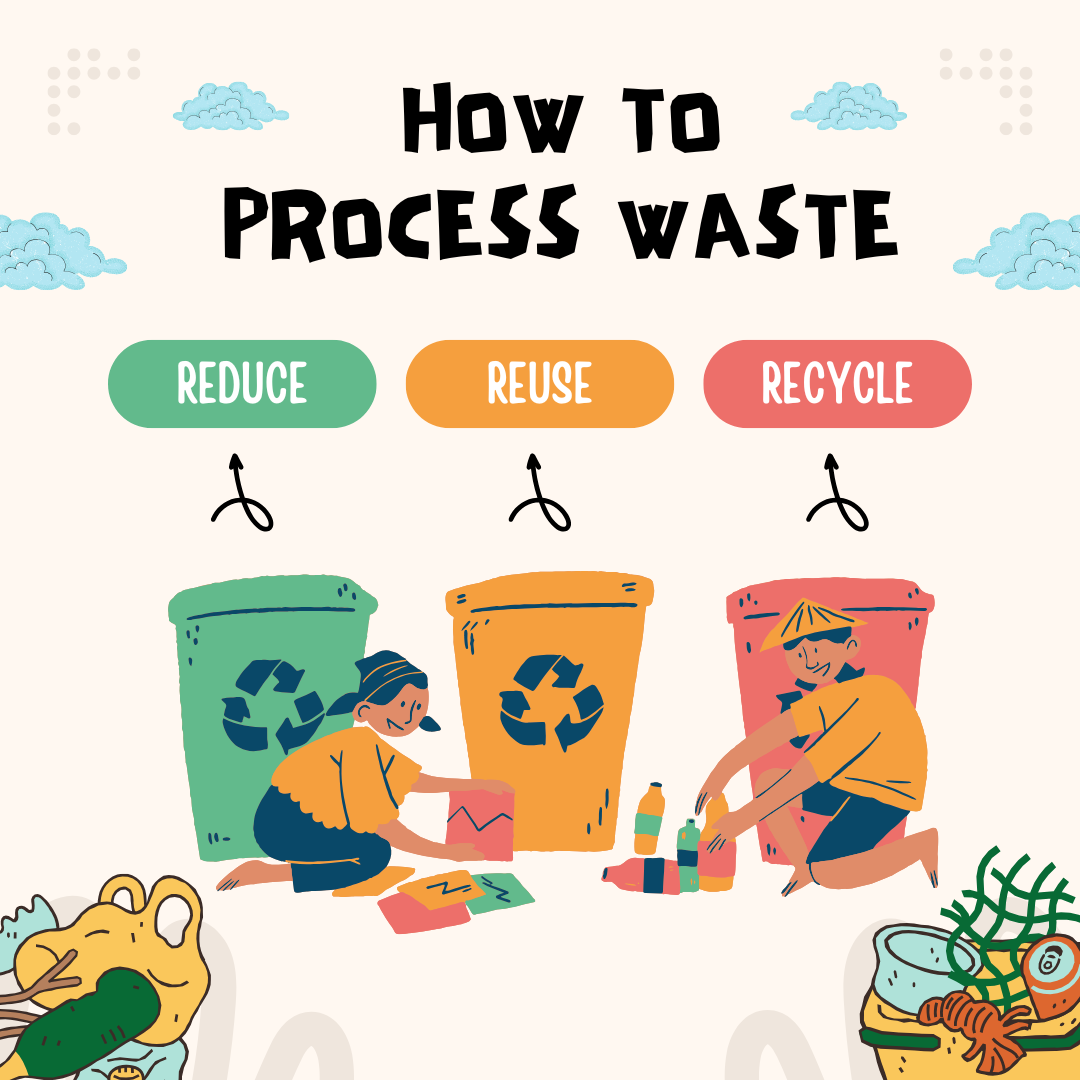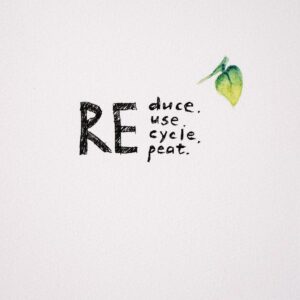When Kenya passed the Sustainable Waste Management Act, 2022, it marked a turning point in how the country thinks about waste. The Act is more than just a set of rules, it’s a roadmap toward a circular economy where resources are conserved, waste is minimized, and every stakeholder has a defined role.
But here’s the real question many people ask: “What does this Act actually mean for me; as a government institution, as a business, or as an individual?” Find more posts on sustainability here.
Let’s break it down in simple, practical terms.
Table of Contents
Why the Sustainable Waste Management Act, 2022 Matters
Kenya, like many countries, has struggled with waste management. From overflowing dumpsites to plastic pollution in rivers, the environmental and health impacts are everywhere. The Sustainable Waste Management Act 2022 aims to change that by:
- Reducing pollution and safeguarding public health.
- Creating green jobs in recycling, composting, and waste innovation.
- Aligning Kenya with global sustainability standards.
- Building a circular economy in Kenya where waste is turned into value.
The Act doesn’t just place responsibility on one group. Instead, it spreads accountability across public entities, private businesses, and individual citizens.
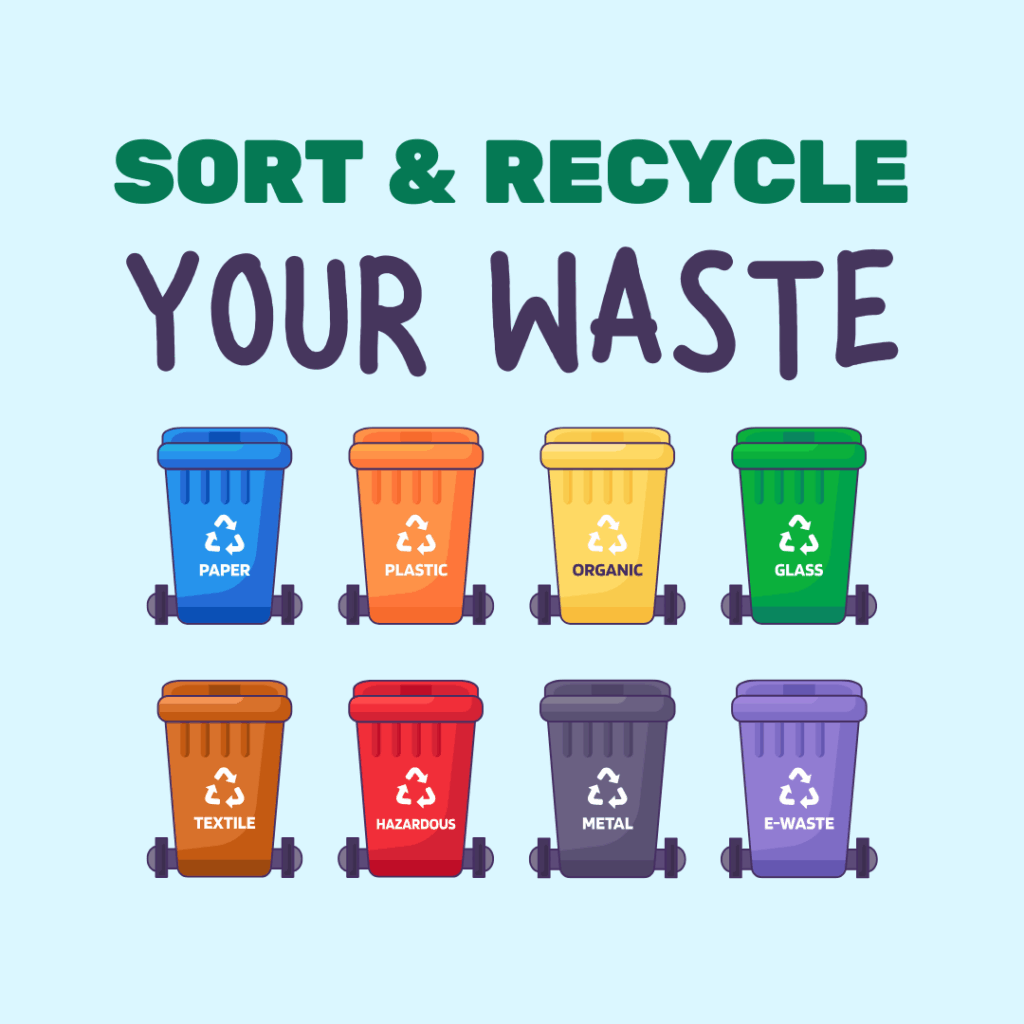
1. Public Entities: Government Must Lead by Example
Under the Act, the accounting officer of every public entity (think government offices, schools, state corporations) is legally responsible for how waste is handled within their premises.
Key duties include:
- Minimizing waste generation by adopting cleaner production practices.
- Providing segregation bins (organic, plastics, recyclables, hazardous).
- Ensuring waste is transferred only to licensed service providers.
- Developing a waste management plan integrated into the institution’s strategy.
- Cleaning up sites affected by mismanaged waste.
- Running awareness campaigns to educate the public.
This matters because if government institutions don’t comply, enforcing compliance elsewhere becomes nearly impossible.
2. Private Entities: Sustainability Is Now a Compliance Issue
For businesses, industries, and commercial operations, the Act goes even further. Waste management in Kenya’s private sector is no longer optional, it’s the law.
Responsibilities include:
- Preparing a three-year waste management plan and submitting annual reports to NEMA.
- Applying cleaner production principles (energy efficiency, resource conservation, lifecycle thinking).
- Segregating hazardous from non-hazardous waste and disposing responsibly.
- Providing color-coded bins for waste separation within business premises.
- Restoring polluted sites caused by their operations.
- Complying with Extended Producer Responsibility (EPR)—where manufacturers and importers must take responsibility for the full lifecycle of their products, from production to disposal.
Failure to comply? Expect hefty fines, possible jail time for responsible officers, and even reputational damage.
In short: businesses that embrace sustainability are not just avoiding penalties, they’re positioning themselves for long-term growth in Kenya’s green economy.
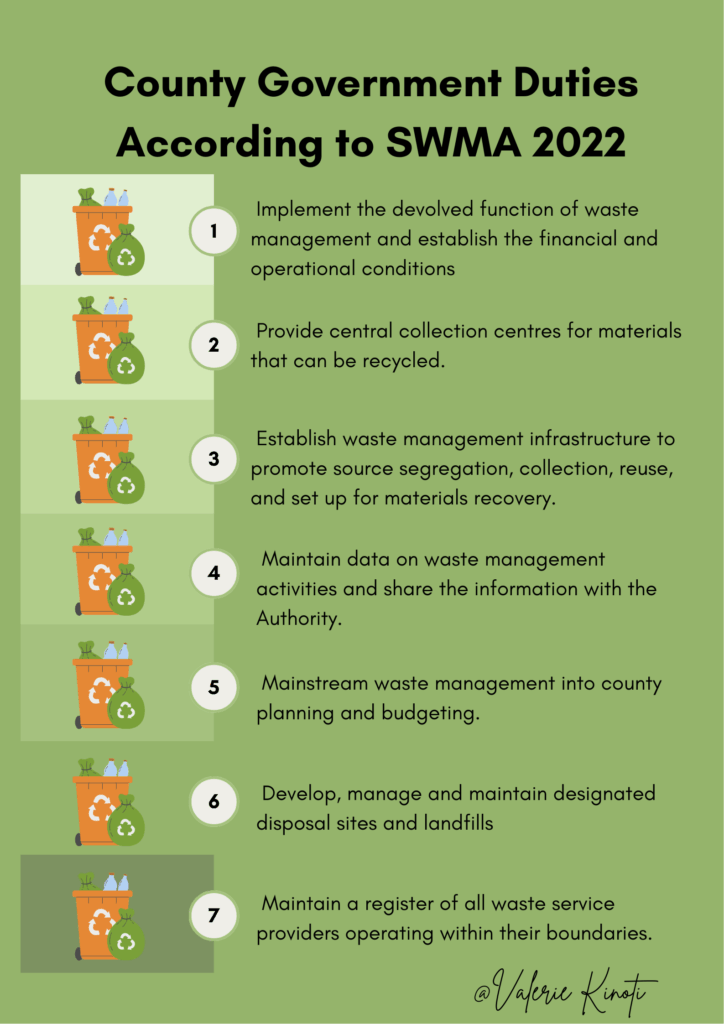
3. Every Person: Citizens Have a Role Too
The Sustainable Waste Management Act also speaks directly to you and I. As citizens, our daily habits matter.
Your duties include:
- Separating household waste into organic, inorganic, and hazardous categories.
- Disposing only through licensed waste service providers or at designated collection points.
- Avoiding illegal dumping or burning of waste.
Failure to comply could attract fines or even short jail terms. But beyond penalties, this is about leaving behind a healthier, cleaner Kenya for future generations.
From Law to Action: Why This Matters for Kenya
This Act represents a shift from a linear “take–make–dispose” model to a circular economy in Kenya. By defining roles clearly, it ensures that:
- Public entities set the standard.
- Businesses drive innovation and compliance.
- Citizens form the foundation of sustainable practices and take ownership of daily habits.
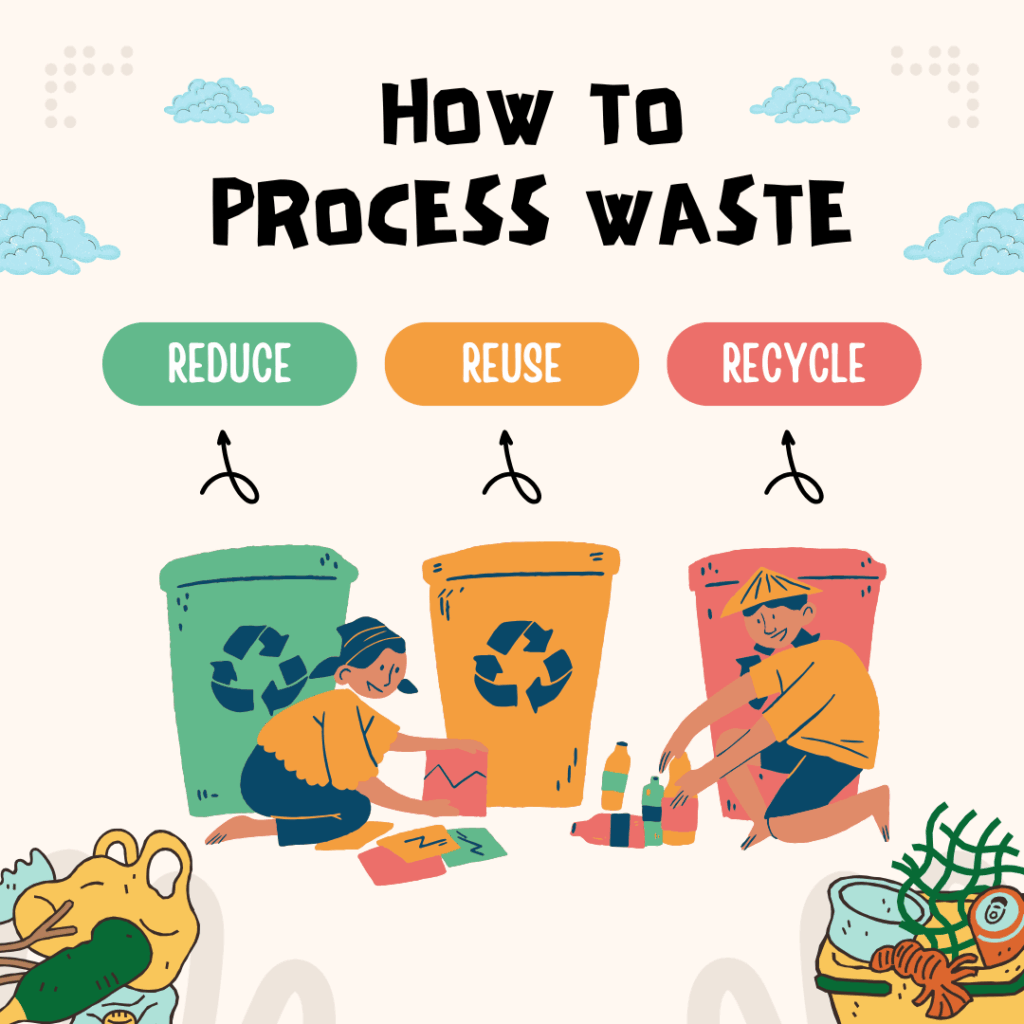
If you’re in:
- Public service; Do you have a waste management plan in place?
- Business; Have you started aligning with EPR and segregation requirements?
- At home; Are you already separating your waste?
Change starts with all of us. Let’s turn the Act into action and make sustainability the new normal.
I’d love to hear your thoughts:
- What challenges do you see in implementing this law?
- What success stories can you share from your county, business, or household?
Wanna get all the details on sustainable waste management act 2022, get the act here.

